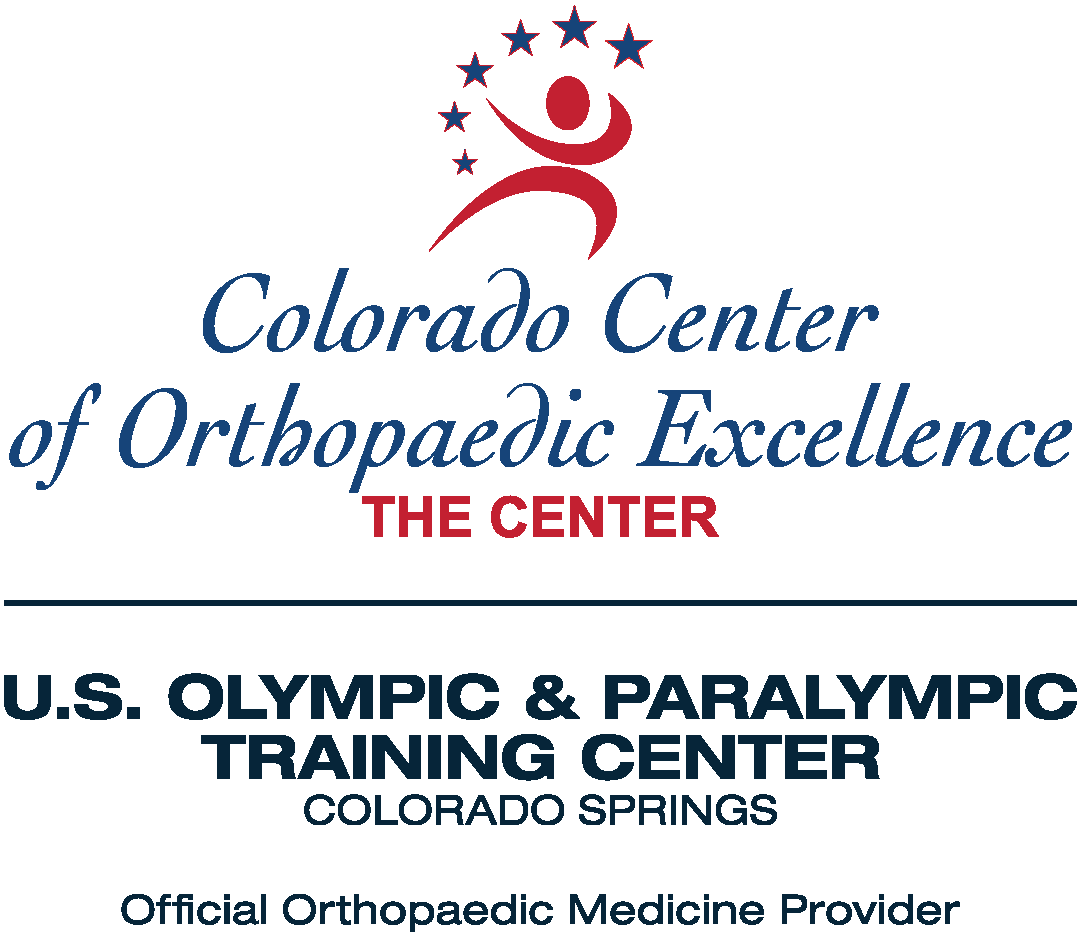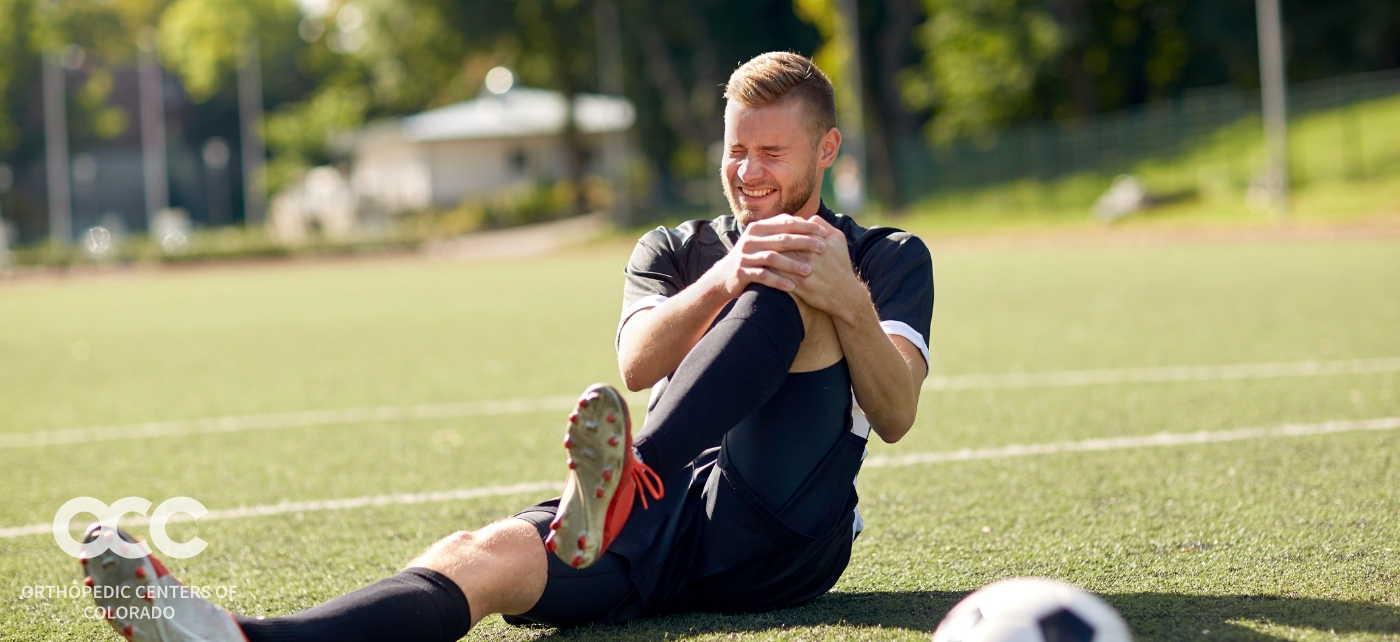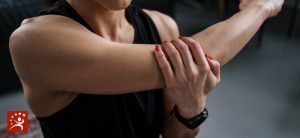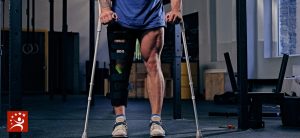What is Osgood-Schlatter Disease?
Osgood-Schlatter disease is an overuse injury of the knee. Frequent use and physical stress cause inflammation (pain and swelling) at the point where the tendon from the kneecap (called the patella) attaches to the shinbone (tibia).
Osgood-Schlatter disease is often caused by frequent use, and often leads to inflammation or even a tiny fracture of the shinbone. The pain usually worsens with exercise, jumping, and sports such as basketball, volleyball, soccer, figure skating, and gymnastics. In some people, both knees are affected. Don’t confuse OSD with a typical orthopaedic injury, however, because it is strongly associated with the simple process of growth spurts in children. OSD usually occurs in growing children between the ages of 11-14, and may cause pain until that growth spurt has subsided.
Signs and Symptoms of OSD:
- Pain, swelling, or tenderness below the knee
- Pain that becomes worse during activities such as running and jumping
- Limping after physical activity
With Osgood-Schlatter disease, these symptoms usually go away or feel better when a person rests. OSD can cause very different symptoms in different people, as it all depends on the severity of the condition. Some people may feel mild knee pain only when they play sports, while others may feel constant pain that makes playing any sport difficult.
Treatment:
Most people with Osgood-Schlatter can continue playing sports after some rest. However, if the pain is severe, the doctor might recommend taking a short break or trying activities with less jumping and running for a while. Ask your doctor about stretching and strengthening exercises that may help relieve some of the pain while keeping the area strong. These exercises focus on the quadriceps and hamstring muscles.
More severe cases require more rest (usually a total break from sports and physical activities). Active people may find this very difficult, but the knee can’t heal without rest. Some people wind up with a cast or brace to enforce the doctor’s orders. Your doctor may also recommend physical therapy for stretching and strengthening exercises.
If you think you may be suffering from Osgood-Schlatter disease call Colorado Center of Orthopaedic Excellence at (719) 623-1050 to request an appointment.
